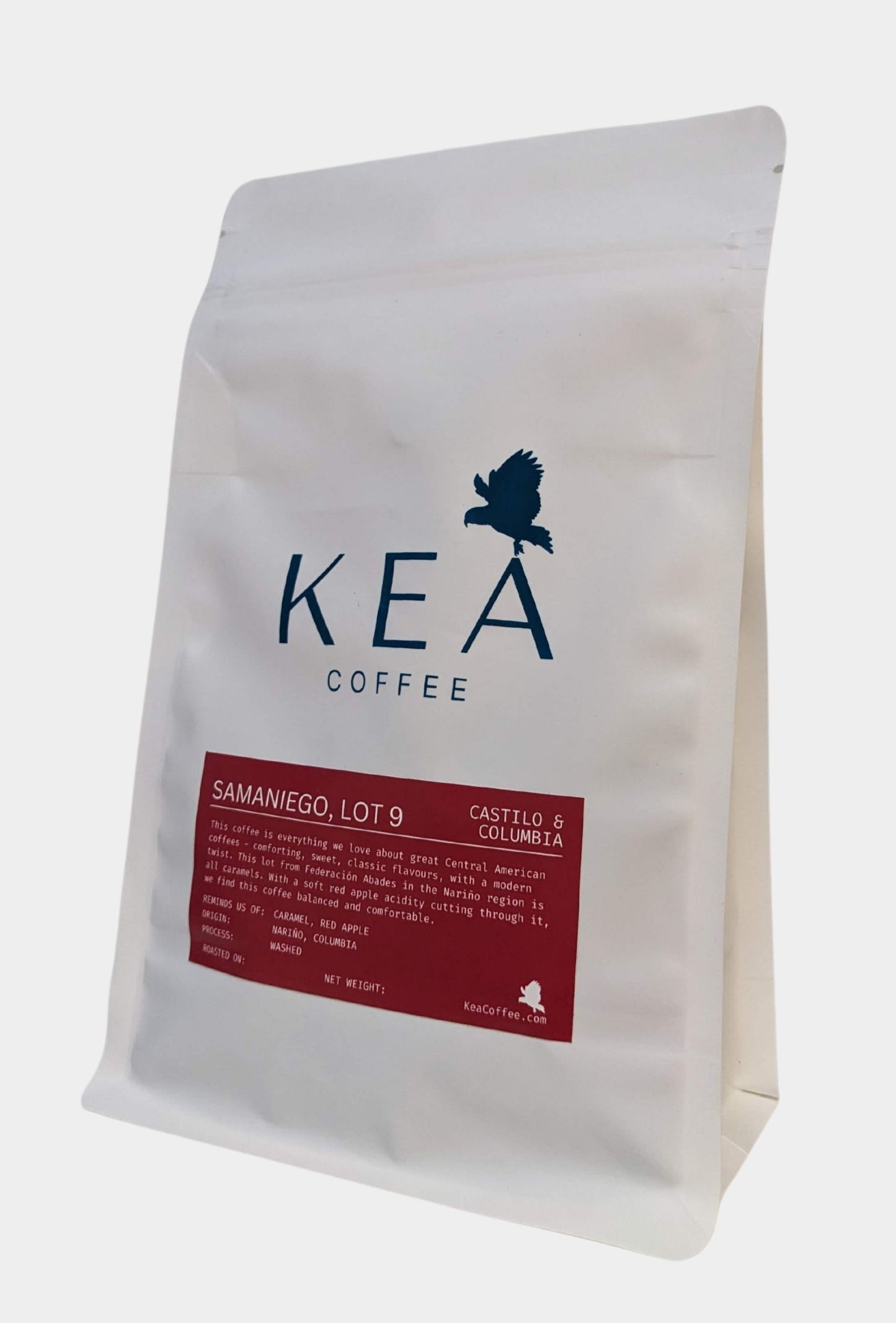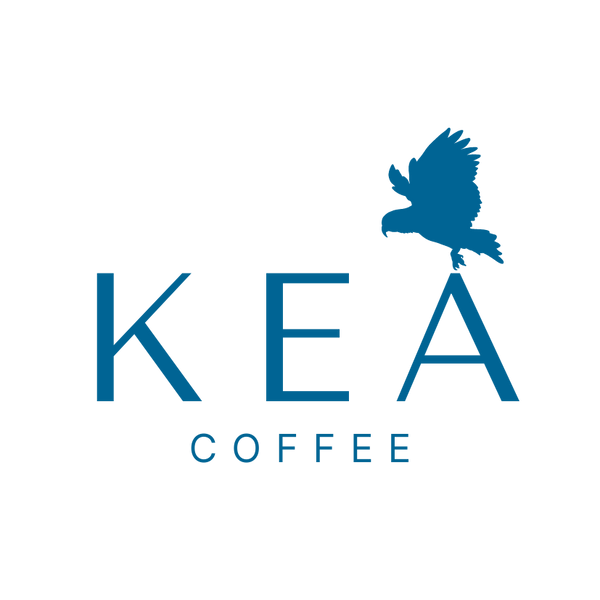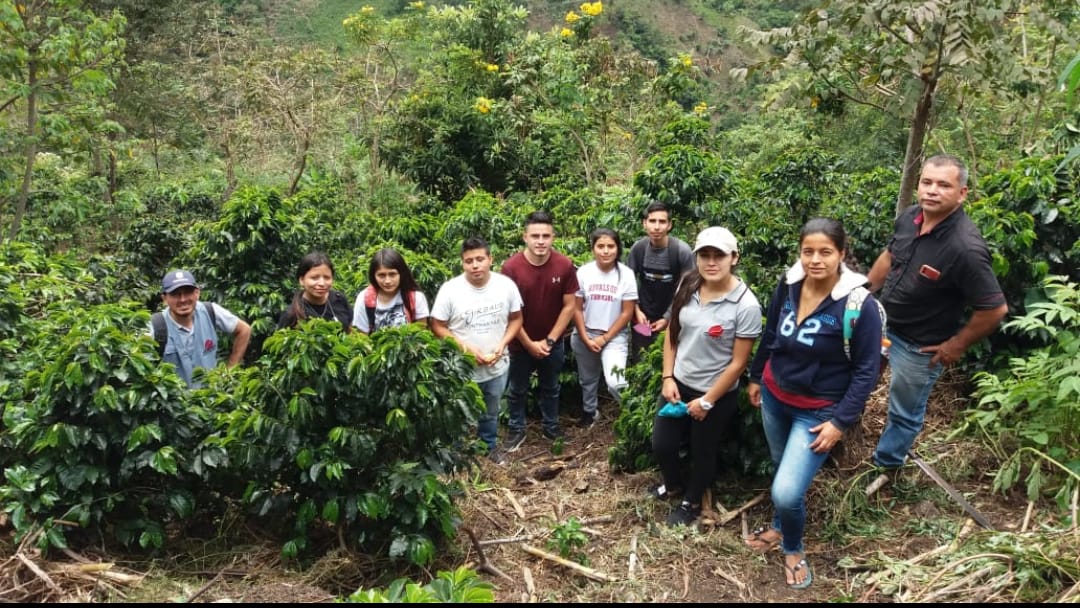
Farm Stories: Federacion Abades, Narino, Columbia
In our regular Farm Stories series, we take a deep dive into the story behind the farm, and farmers, who produce the great coffees that we get to roast and share with you all.
Today, we're sharing the story of a small coffee cooperative made up of 206 tiny family farms in one of Columbia's best coffee growing regions: Narino!
What makes Narino one of the top specialty coffee growing regions in Columbia?
Before we get into the coop itself and why we're excited to partner with them, let's take a small step back and look at the Narino region.
You might have come across the Narino region on bags of specialty coffee before.
It's a region that speciality coffee roasters like us love to source coffees from.
Coffees from Narino tend to be higher in both acidity and sweetness. You'll hear them described often as being really well balanced, and you might see flavour notes like "caramel and apple" or "chocolate and praline".
What makes Narino coffees so good?
The growing conditions for coffee in Narino are some of the best in Columbia.
Nestled in the South West corner of Columbia, Narino is sandwiched inbetween Ecuador and the Pacific Ocean (Google Maps here), and has one of the most optimal microclimates you could want for producing exceptional coffee.
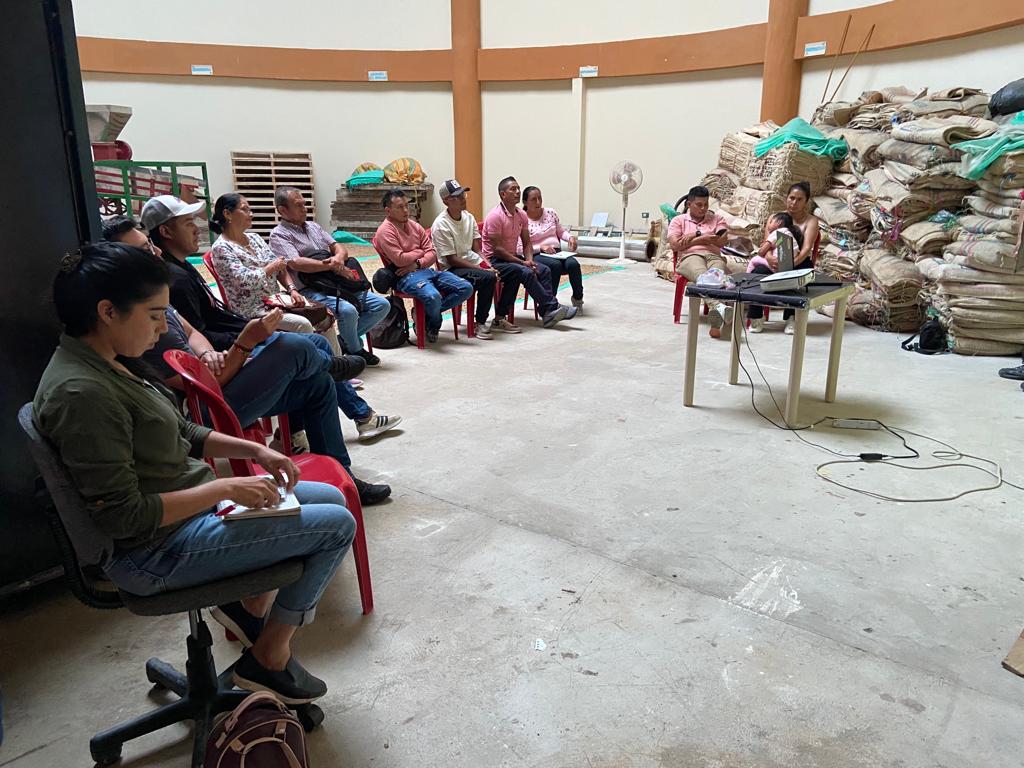
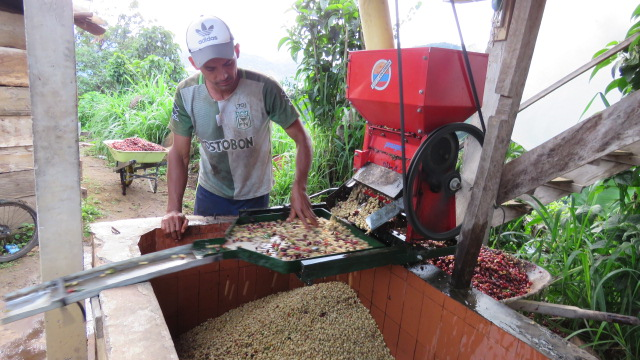
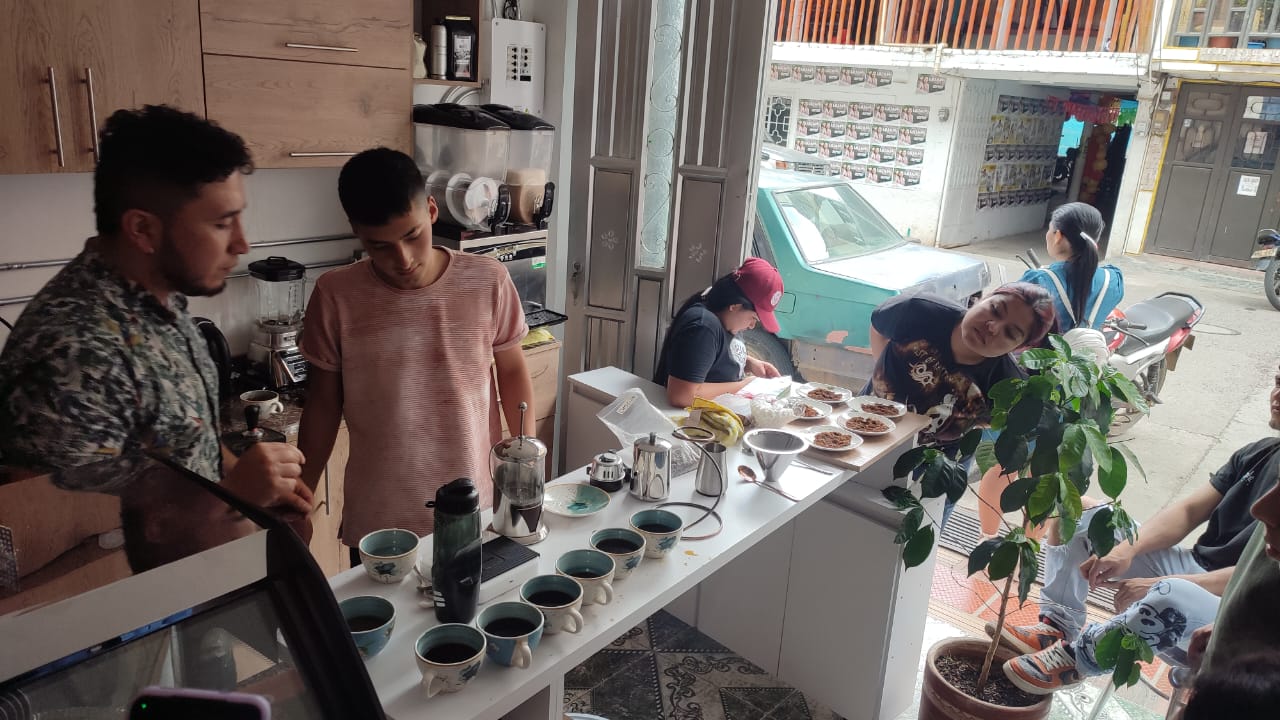
Growing elevations here in Narino can reach as high as 2,300 meters above sea level! That's some of the highest altitude coffees in Columbia.
The area around Narino is also very volcanic, being home to 12 separate volcanoes. Some of those 12 are also still active today - releasing fresh volcanic nutrients into the soils around them where many coffee farmers live and work.
On top of that, the Narino region tends to see quite stable year round sunshine and weather in general, with a high annual rainfall of 84 inches on average.
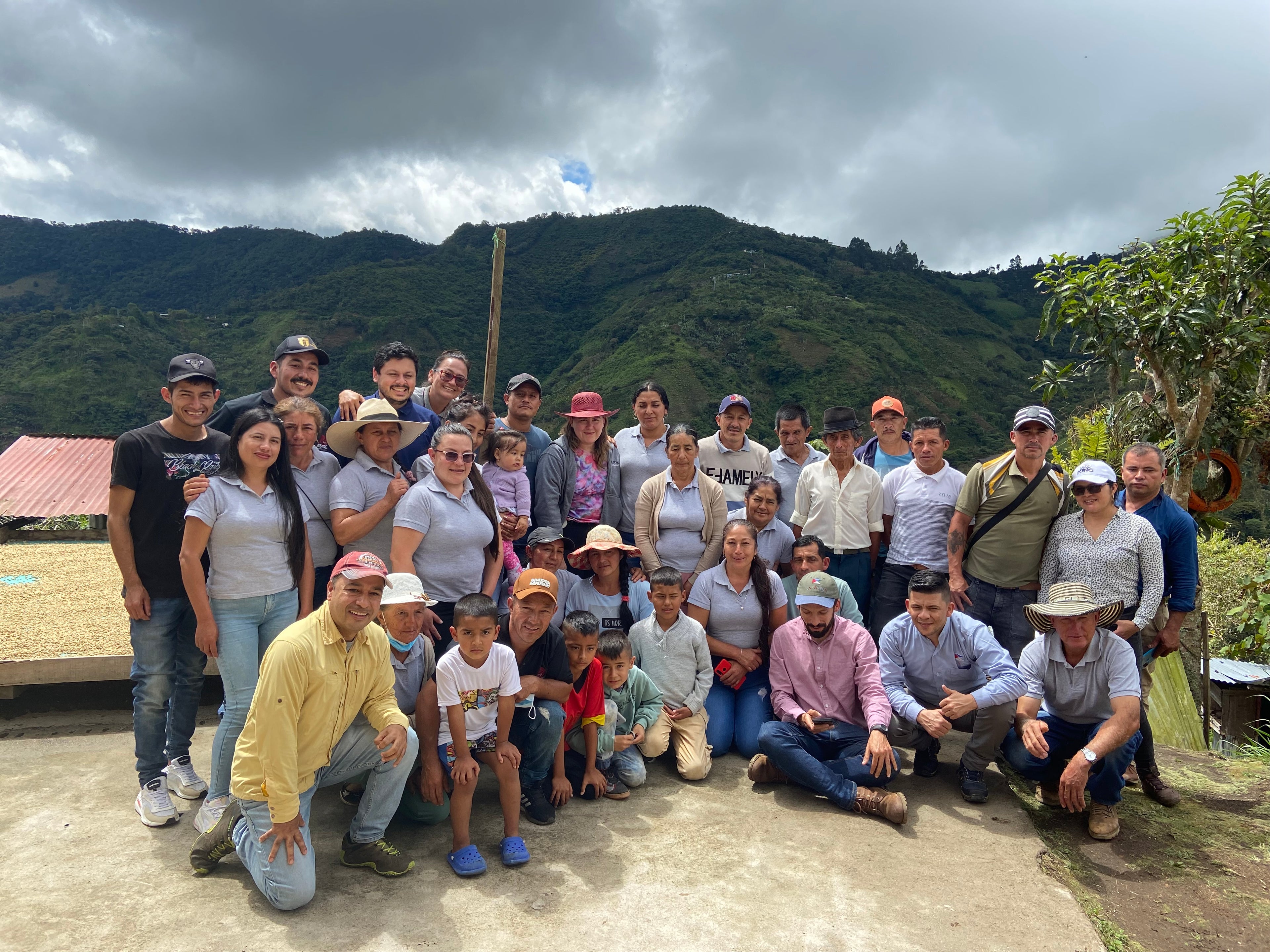
Federacion Abades - The small coop driving quality forwards in Narino
Federacion Abades is a cooperative of around 200 small family farms in the Narino region.
All of the farms here are tiny - less than a hectare each - and usually run by a single family.
Since 2012, those family farms have worked together, under the Federacion Abades cooperative, to continually improve the quality of their coffees, year after year.
The farmers here care deeply about continually improving the quality of the lots they produce, and members of the cooperative work closely together to push quality forward, knowing that this is ultimately the path to better prices.
Throughout the year, each farmer will bring their harvested coffee cherries to the cooperative to be cupped, analysed and graded.
From there, the farmers can receive feedback and advice to help them improve quality, and also get advice on separating each lot for export.
We were lucky enough recently to get our hands on a small lot of Castilo/Columbia beans from one of their recent harvests and have been really enjoying it as a great single origin espresso base for lattes and cortados. It's packing lots of sweet caramels, but then also has a red apple kind of acidity that cuts through the milk.

Washed | Colombia
Colombia - Federación Abades, Samanigo Lot 9 | Washed
Caramel ~ Red Apple

